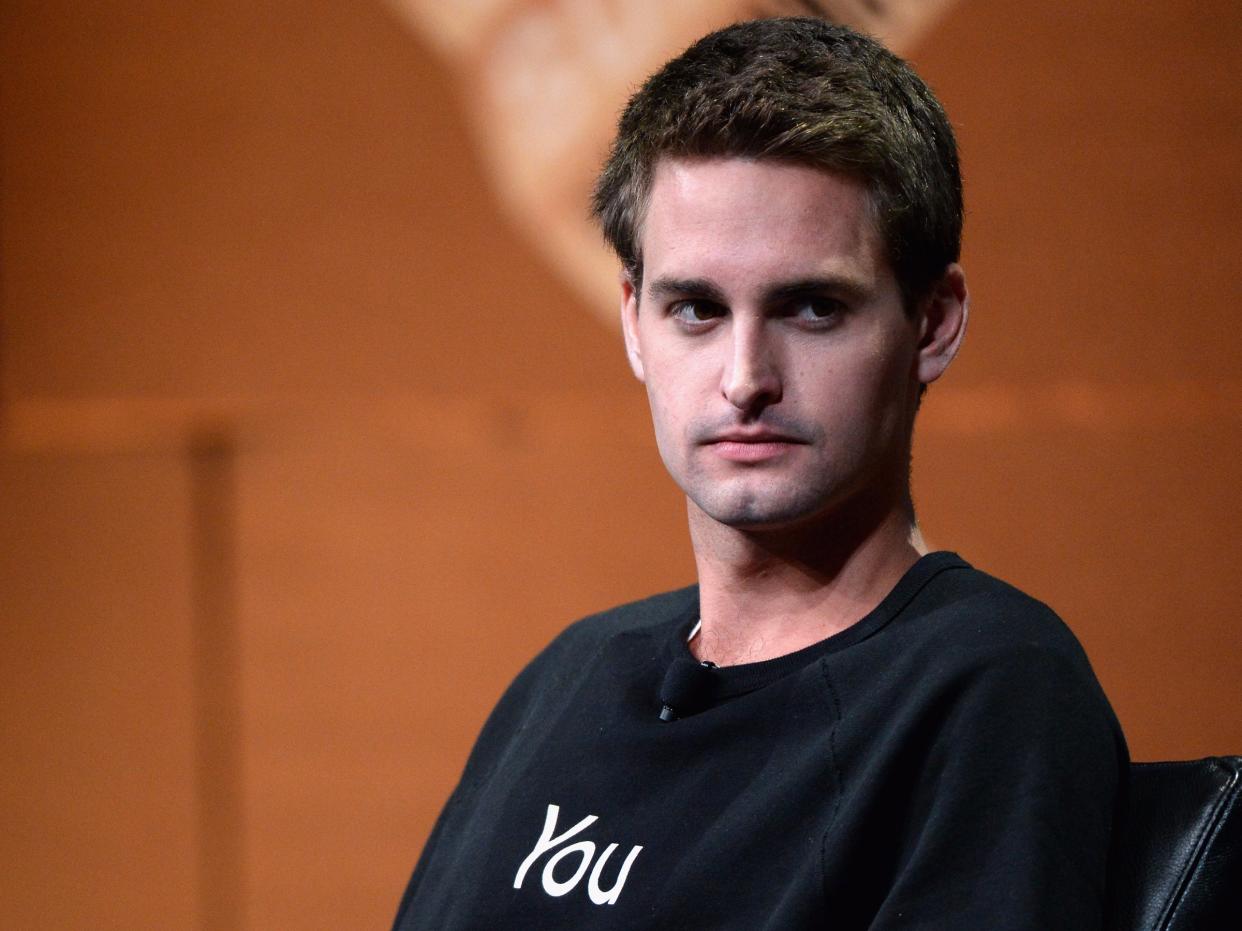Why Snap may be more like Twitter than Facebook

Snap (SNAP), parent company of Snapchat, may have more in common with Twitter (TWTR) than you might think, a new report from S&P Global Market Intelligence claims.
S&P Global Market Intelligence employed its own proprietary credit scoring model to apply a credit score to Snap in the run-up to its IPO in early March. The result: A suggested credit score of “b,” which is more in line with peers like Twitter and Yelp (YELP) during their IPO periods than Facebook (FB).
“Snap’s credit score denotes elevated credit risk,” wrote Jim Elder, a director in S&P Global Market Intelligence’s Risk Services Business. “More specifically, it would equate to a 4.45% observed default rate over a one-year period, or nearly a one in 20 occurrence of default. To put that into perspective, Snap’s credit score is more risky than the median level of risk in the Application Software industry, which is ‘b+.'”
Twitter, for comparison, earned a credit score of “b” and Yelp’s credit score was “ccc+” during their respective IPO periods. Their credit scores rose several notches in the months and years following. Facebook, meanwhile, started out with a “bbb+” credit score rating from S&P Global Market Intelligence and dipped briefly before ultimately notching an excellent “a+.”

How can Snap improve its credit quality? Elder recommended that Snap look to debt markets for future funding, as well as display improved profitablity, which could prove challenging.
Snap acknowledged a number of risks in its IPO filing, including user base growth that could decline and revenue that’s entirely generated from ads. Snap also pointed to its unorthodox issuance of non-voting shares as a risk factor.
“We are not aware of any other company that has completed an initial public offering of non-voting stock on a U.S. stock exchange,” part of Snap’s S-1 filing reads. “We therefore cannot predict the impact our capital structure and the concentrated control by our founders may have on our stock price or our business.”
Snap, however, may also benefit from the slew of positive “Buy,” “Outperform,” and “Overweight” ratings released by six top analysts this Monday. Their bullish ratings distinctly clash with early analyst ratings, which largely skewed bearish and some would argue, lacked any potential conflict of interest, given the six top analysts who issued their calls on Monday — including Morgan Stanley (MS), Goldman Sachs (GS), Credit Suisse, Citi (C), RBC, and Jefferies — also happened to be underwriters of Snap’s IPO.
—
JP Mangalindan is a senior correspondent for Yahoo Finance covering the intersection of tech and business. Follow him on Twitter or Facebook.
More from JP:
How GameStop could bounce back after its epic sales miss
LinkedIn is getting a Facebook-like feature
Silicon Valley’s favorite sneaker has a wear-and-tear problem
How ‘video understanding’ could transform Facebook
3 major problems with Trump’s protectionist attitude toward China
Fry’s Electronics: How this tech retailer has survived the fall of brick-and-mortar
Why ‘experience can hurt tech workers in Silicon Valley
Why AI could be Silicon Valley’s latest ‘micro bubble’
Surprise and disgust: What 6 Silicon Valley CEOs said about Trump’s ban


